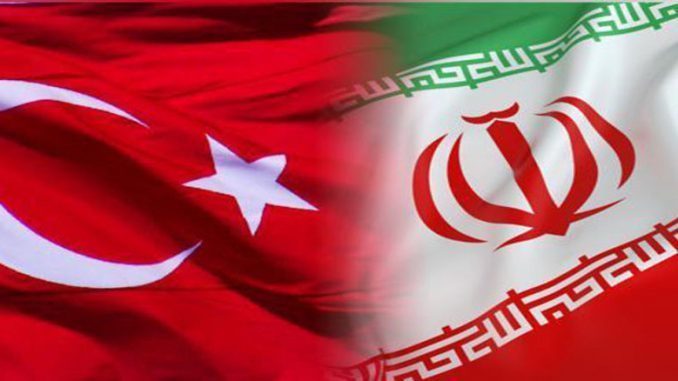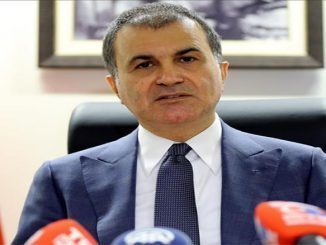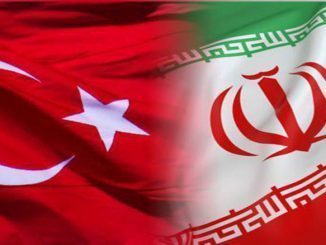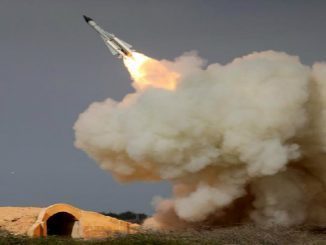
 BY: Manish Rai*
BY: Manish Rai*
But because of the Syrian conflict, relations between the two countries were at an all-time low as Turkey and Iran have been on opposite sides of the conflict in the country. But their unilateral strategic choices have not succeeded on the ground. Neither Turkey’s choice to seek the toppling of Syrian President Bashar al-Assad nor Iran’s policy of restoring stability in a unified Syria has materialized. Moreover, Iran and Turkey have been targeted by ISIS hence both realize that they have a common threat. The problem of the Kurds also seems to bring Ankara and Tehran closer together. The Turkish government is currently waging an open and bloody war against Kurdish opposition led by the PKK and Syrian Kurdish organizations that are accused of cooperation with the United States and Israel, which concern Iran. Therefore, the Kurds are becoming a common problem for Ankara and Tehran hence both nations are exploring avenues to formulate a joint anti-Kurdish strategy. Most recently the Saudi-Qatar crisis bought Turkey and Iran even closer as both nations support Qatar. Turkey’s parliament passed a bill for the increased deployment of Turkish troops in Qatar for the protection of the Qatari Royal family, while Iran had offered to send food to Qatar by sea.
Let’s have a look on how these two nations are cooperating with each other on multiple fronts. Both sides have been exploring diplomatic solutions together in the Syria war. Ankara and Tehran have both agreed to speed up the Astana talks aimed at facilitating a political solution to the Syrian crisis. There is growing energy and commercial relations between Turkey and Iran. The Turkish president on his recent visit to Iran reaffirmed Turkey’s determination to increase trade with Iran to $30 billion annually, saying Ankara saw no obstacle to the development of its cooperation with Tehran. Another important area of cooperation is Iraq, as Iraq will likely settle on a political condominium over the Kurds. Ankara wields influence over one of the KRG’s two main rival factions (the Kurdistan Democratic Party) and Tehran maintains hegemony over the other (the Patriotic Union of Kurdistan).
But it’s still to be seen to what extent other players in the region — such as Israel and Saudi Arabia — will have influence over future Turkish-Iranian relations. Still Turkey and Iran have some areas of disagreement but they have agreed to compartmentalize their relations on different fronts. For instance, while the two nations will continue to disagree on some aspects like Syria policy (e.g., Assad’s future), they will both cooperate on other areas such as economic and anti ISIS strategy. In the longer-term Tehran knows that Turkey will play a key role in building potential bridges between Iran and the West. Ankara knows that if it seeks greater influence within all corners of the Arab world, including Shia populations, a cordial relationship with Iran is important. Thus, while the regional landscape remains complex and in motion, Turkey and Iran have more to gain than lose by continuing to build stronger ties. But one thing is very much clear – that the closeness of these two players will definitely create a strong political, security and economic bloc in the Middle East. These two important nations of the region should also realize that by forging a renewed alliance among themselves they also share a greater responsibility to contribute towards a secure and stable regional order in which there is no place for extremism and sectarianism.
*Manish Rai is an NRT English columnist, Middle East and Af-Pak region analyst, and editor of geo-political news agency ViewsAround (VA). This article was published in NRT TV website on July 2, 2017.



